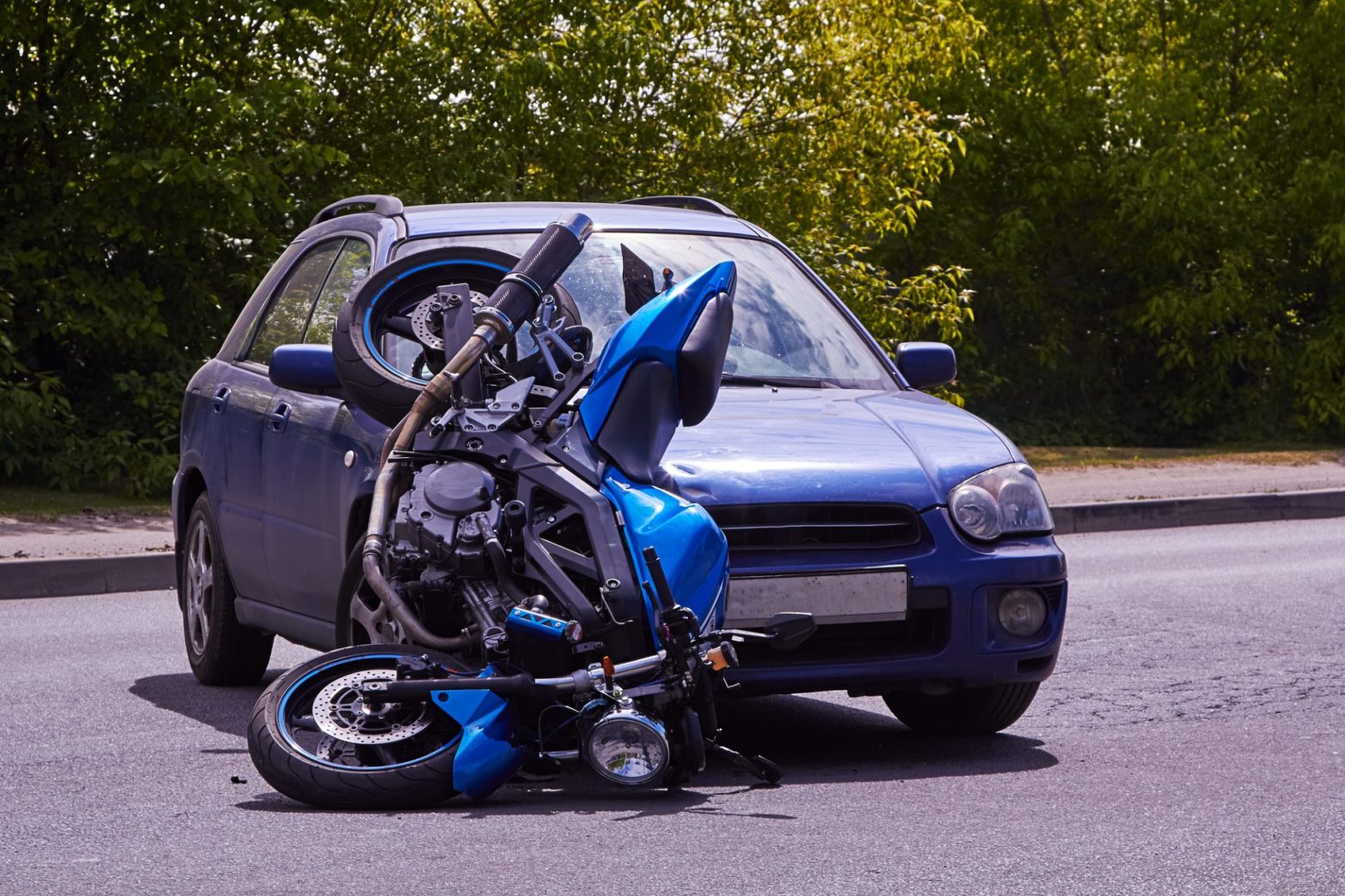Wearing a helmet when on a motorcycle makes sense from a safety perspective, but there’s more to it than your physical well-being in case you meet with an accident. This is because while a helmet can help prevent or minimize the impact of a head injury, using or not using one can also play a role if you plan to seek compensation for your damages. As a result, if you want to file a motorcycle accident claim, knowledge about the legal implications of helmet use is ideal.
Importance of Using Helmets
The legality of using helmets on motorcycles notwithstanding, one cannot dispute the fact that they play an important role in keeping riders safe when they meet with accidents that may lead to potentially fatal head injuries. According to data collated in the Journal of Safety Research, using helmets can reduce motorcycle accident fatalities by 29% and brain injuries by a significant 67%.
The benefits of using helmets on motorcycles extend beyond protecting you from head injuries.
- Full-face helmets protect your entire face and can help prevent or minimize facial injuries.
- A good helmet visor keeps the wind out of your eyes and shields them from dust, debris, and bugs.
- Tinted visors help reduce glare.
- Helmets keep your head warm in chilly weather.
- Helmets help lower noise levels.
- Some modern helmets come with Bluetooth communication systems.
Number Speak
Motorcycle accident statistics compiled by Forbes highlight the risks that motorcycle riders face when on the road and shed light on a few other important aspects.
- While only 3% of all registered vehicles in the U.S. are motorcycles, they account for 14% of all traffic-related fatalities.
- 2,251 motorcycle accident fatalities in 2021 involved riders not wearing helmets.
- 65% of people on motorcycles use DOT-compliant helmets.
- 6% use non-DOT-compliant helmets.
- The percentage of people who wore helmets on motorcycles dropped from 71% in 2000 to 67% in 2022.
Motorcycle Helmet Laws in the United States
Motorcycle helmet laws in the U.S. are not the same across all states. While 17 states and the District of Columbia follow universal helmet laws that require all motorcycle riders and passengers to wear helmets, most require them to wear helmets if they are under a certain age, which can vary from 17 and under to 25 and under. Three states – Illinois, Iowa, and New Hampshire – have no helmet requirements for motorcycle riders and they do not mandate the use of helmets.
Motorcycle Helmet Law in New York
Currently home to over 750,000 licensed motorcyclists, New York became the first state in the country to adopt a universal motorcycle helmet law. This law has been in effect since January 1, 1967. It requires any individual on a motorcycle, be it a rider or a passenger, to wear a Department of Transportation (DOT)-approved helmet.
What Happens in a Motorcycle Accident Without a Helmet?
New York is among the states that follow the comparative negligence rule when it comes to determining fault and liability in motorcycle accident claims. As a result, the question of comparative negligence may come to the fore if a motorcyclist seeks compensation for injuries suffered in an accident and was not wearing a helmet at the time of the accident.
From the legal perspective, a no-helmet motorcycle accident may have an effect on the fault that a court assigns to an injured rider, and thereby, also on the compensation amount. Since this can get a little tricky, getting a motorcycle accident attorney to handle your case is the ideal way to go.

The Process of Filing a Motorcycle Injury Claim
If you suffer injuries in a motorcycle accident owing to the negligence of someone else, know that you might be able to file a personal injury claim to seek compensation for your damages. Doing this requires showing that the opposing party (defendant) owed and breached a duty of reasonable care. The defendant can be the driver of another vehicle, the owner of another vehicle, or even a government agency responsible for a road’s upkeep.
Some common examples of actions that result in motorcycle accident injury claims include:
- Driving under the influence of alcohol/drugs.
- Failure to yield the right of way.
- Speeding.
- Distracted driving.
- Unsafe lane changes.
- Tailgating.
If you meet with a motorcycle accident in New York and are partially or significantly at fault for your injuries, you might still be able to seek compensation from the other party. This applies even if you are involved in a motorcycle accident without a helmet. For example, if a court assigns 75% of an accident’s fault to you, you can still receive 25% of the damages from the defendant.
Why Hire a Motorcycle Accident Attorney?
Whether or not an injured motorcycle rider is wearing a helmet at the time of an accident, seeking advice from a personal injury attorney or lawyer who specializes in this realm might be in your best interest. This is because going through the aftermath of an accident, especially one that involves injuries, can be a daunting experience, and legal experts can help you navigate the process in a better way.
With an experienced motorcycle accident attorney at the helm, assistance comes in the form of:
- Investigating the accident.
- Gathering evidence.
- Documenting your injuries/damages.
- Arriving at a suitable compensation amount.
- Filing a motorcycle accident claim with the insurance company.
- Communicating with insurance companies.
- Negotiating with the defendant’s attorney/lawyer.
- Representing your case in court, if the need arises.
Conclusion
Wearing a helmet while on a motorcycle can not only save your life, it can also have a bearing on the compensation you receive if you file a motorcycle accident claim. This is because an insurance company will not hesitate in suggesting that the presence of a helmet could have resulted in no head injuries at all. If, by chance, you or someone you know has been involved in a no-helmet motorcycle accident, consider speaking with a personal injury attorney at the earliest.

